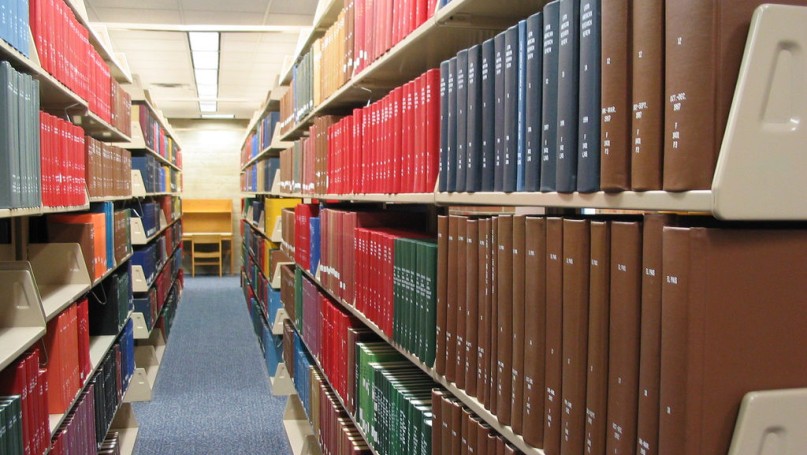
This week The Ivory Tower presents a five part series about life inside an academic journal. In this second part we explore how the CEU PSJ came to be launched and the early years of a young and dynamic journal. You can find part one of the series here.
Every academic journal has its own genesis. Perhaps it is a university department seeking to put their stamp on a field, perhaps an international association providing a new outlet for a sub-field in their discipline, or even a particularly fruitful conference that encourages a group of likeminded individuals to develop a new publication.
For the Central European University Political Science Journal the genesis of the publishing project came when two graduate students at CEU recognised there was a large body of scholarship being produced at their internationally ranked university but much of this scholarship was either unknown or going under-utilised.
Founding Editor Sergiu Gherghina recalls two main drivers that led to the launch of the journal. “First, we had seen in the library many high quality MA or PhD theses belonging to CEU students which were not available to a broader audience,” he said. “Second, some of our colleagues’ term papers were very good and we thought that they should be published.”
Sergiu explained that MA and PhD theses were required to be printed, bound and stored in the CEU library but that – in many cases – this was often the limit to the circulation of this new knowledge. “Very few students ever looked at them,” he explained and this gave Sergiu and journal co-founder Arpad Todor the idea to develop a space for publishing leading graduate level work in political science.
At the outset the pair were interested in graduate scholarship and set about establishing a journal with a focus on that segment of academia. “We thought about creating an outlet where graduate students – primarily from CEU – could publish their work. Accordingly, we set-up a section of the journal for articles and another one for ‘work in progress’. We always wanted to have a double-blind peer-review process but we have asked reviewers to be more lenient with the submissions since graduate students were our main target group.”
This effort to develop a journal out of the CEU Department of Political Science was not the first attempt to do so. Indeed, previous attempts had ultimately failed because of problems keeping people motivated to edit, review, referee and support a publishing project.
“The lack of people who could keep alive the idea of a journal has been the main problem,” Sergiu recalls. “Following the example of other international peer-reviewed journals at CEU, Arpad approached the head of the department and discussed the possibility develop a journal in both electronic and print versions. The response was positive, the department promised financial assistance and help with the review process.”
As well as the financial support offered to the journal, professors at CEU were active in the peer-review process and in recommending the best term papers from their CEU classes to the journal for publication. The department also assisted the journal by opening up its network of scholars and visiting professors to the young journal board. “The department helped in recruiting people for the Editorial Board,” Sergiu says, “Many members of the editorial board are from CEU or have been visiting professors at CEU. Over time, we altered the composition of the editorial board to make it more international and, in doing so, we either recruited alumni of CEU who are now established scholars or people with expertise in the region.”
This early enthusiasm in the department coupled with the almost immediate popularity of the journal among graduate students led to a change in strategic direction by journal’s management team.
“The popularity of the journal was unexpected and we received a lot of submissions from established scholars, not just graduate students,” Sergiu explains. “Thus, in 2007 the editorial board has decided that it may be a wise decision to expand our goals and broaden the base of the journal by allowing submissions from all in the field, not only graduate students.”
This change in strategy saw the journal improve its reach but also involved bringing the review and publication policies into line with international norms in the field. Rather than encouraging reviewers to be lenient with graduate student work, Sergiu explains they were now expected “to be as severe as they usually are in their other reviews”. This, in turn, led to an increase in the already high-quality of the work published and helped establish the CEU PSJ as a leading journal in the field in Central and Eastern Europe.
Further Reading on E-International Relations
- Reflecting on the Limitations of Academic Freedom
- Small Grants from Great Powers: Academic Integrity vs. Information Warfare
- Academic Orientalism in Russia-Ukraine Scholarship
- Now Recruiting – IR Theory Editors
- Cracking the ‘So What’ Code by Facing Anxiety in Research
- Now Recruiting – International Security Commissioning Editors